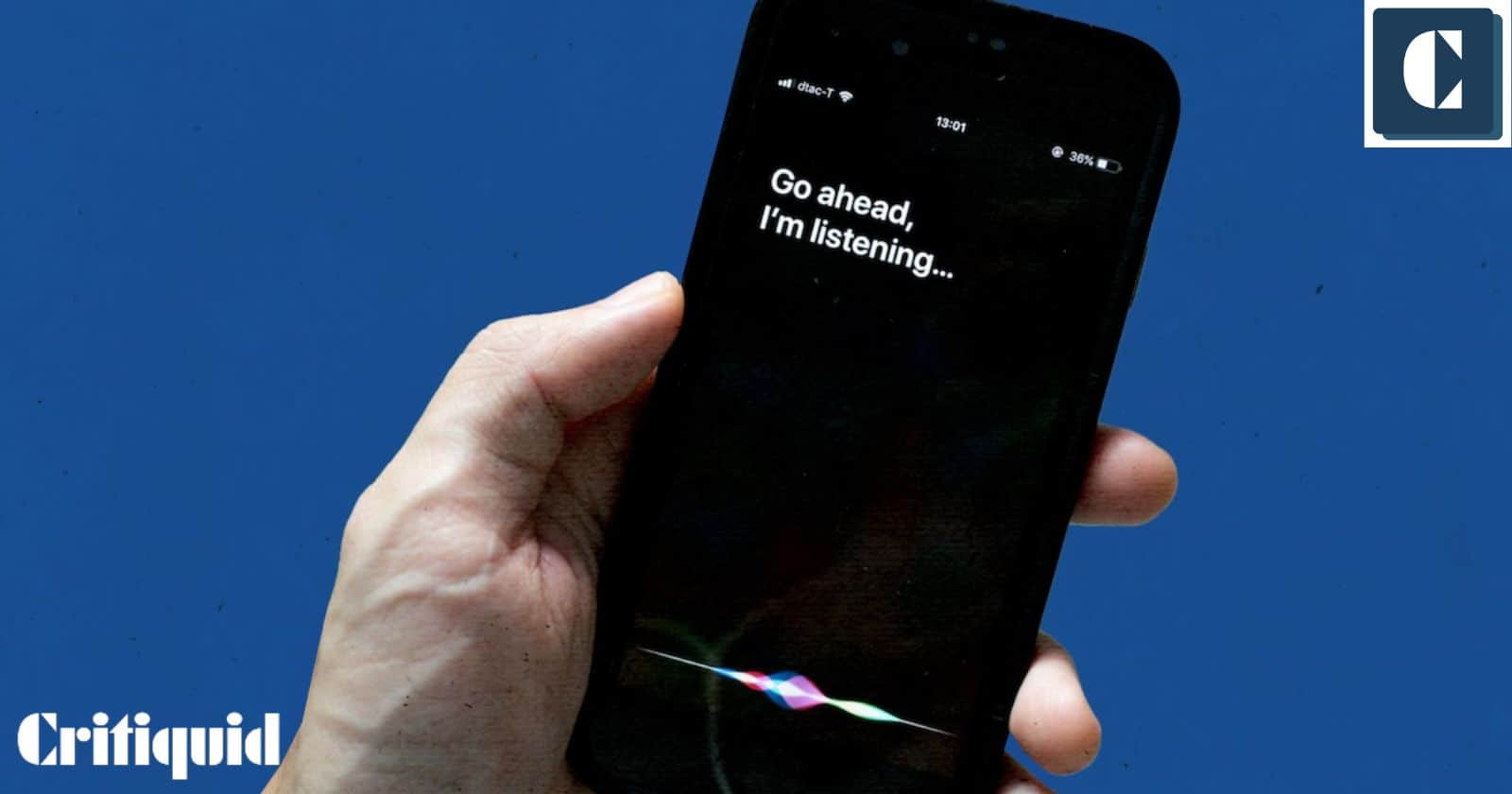Apple Faces Multiple Class-Action Lawsuits

Apple, one of the world’s most valuable technology companies, is currently navigating several high-profile class-action lawsuits. These cases span issues ranging from privacy concerns to alleged anti-competitive practices. The outcomes of these legal challenges could have far-reaching consequences for the tech giant, influencing its policies, operations, and public reputation. Here are the latest updates:
Siri Privacy Settlement
Apple has agreed to a $95 million settlement to resolve allegations that its Siri voice assistant recorded users’ private conversations without their consent. The lawsuit claimed that Siri was inadvertently activated, leading to unauthorized recordings that were allegedly shared with third parties.
Eligible U.S. users who owned Siri-enabled devices between September 2014 and December 2024 may qualify to receive compensation of up to $20 per device, with a maximum of five devices per user. This means that users could potentially receive up to $100 if they meet the criteria. A federal judge is set to review the settlement on February 14, 2025, in Oakland, California, marking a significant moment for privacy rights and corporate accountability.
iPhone Performance Settlement (“Batterygate”)
In another major legal case, Apple has begun distributing payments under its “Batterygate” settlement. This controversy, which has dogged Apple for years, centered on claims that the company deliberately slowed down older iPhone models to preserve battery life without adequately informing users. The lack of transparency led to accusations of planned obsolescence, sparking widespread criticism and legal action.
The settlement, valued between $310 million and $500 million, provides payments to affected U.S. iPhone owners. As of January 2024, eligible users are receiving approximately $92 per device. This development highlights the importance of consumer rights and corporate responsibility in ensuring transparency about product functionality.
Gender Discrimination Lawsuit
Apple is also facing a gender discrimination lawsuit that could affect thousands of its employees. Filed in California in June 2024, the lawsuit seeks class-action status on behalf of 12,000 current and former female employees who allege systemic issues within the company.
The plaintiffs claim that Apple’s workplace practices fostered gender pay disparities and allowed incidents of sexual harassment to go unchecked. They argue that these practices disproportionately impacted women and created an unequal work environment. The case is ongoing, with Apple denying the allegations and asserting its commitment to diversity and inclusion. If the lawsuit achieves class-action status, it could result in substantial changes to Apple’s employment policies and practices.
Apple Pay Antitrust Lawsuit
Apple’s handling of Apple Pay has come under legal scrutiny as well. A class-action lawsuit accuses the company of anti-competitive behavior by restricting users from accessing alternative payment options. This lawsuit claims that Apple’s policies unfairly privilege its own payment service and create barriers for competitors.
In October 2023, a federal judge allowed the lawsuit to proceed, indicating that the allegations have merit and warrant further examination. The case is still pending, with potential implications for how Apple manages its payment platform operations and the level of competition in the digital payments market. The lawsuit underscores growing concerns about monopolistic practices in the tech industry and could set important legal precedents.
Implications and Outlook
These lawsuits underscore the multifaceted challenges Apple faces as a global tech leader operating under intense regulatory and public scrutiny. From safeguarding user privacy to addressing workplace equity and fostering fair competition, Apple’s legal battles highlight the complexities of balancing innovation with ethical and legal compliance.
For consumers, these settlements and ongoing lawsuits represent an opportunity to hold tech giants accountable while potentially receiving compensation for grievances. The outcomes of these cases could shape not only Apple’s future policies but also broader industry standards in privacy, fairness, and competition.
As the cases continue to develop, Apple’s responses and the resulting legal decisions will be closely watched by industry analysts, regulators, and consumers alike. Stay tuned for further updates on these significant legal challenges.
